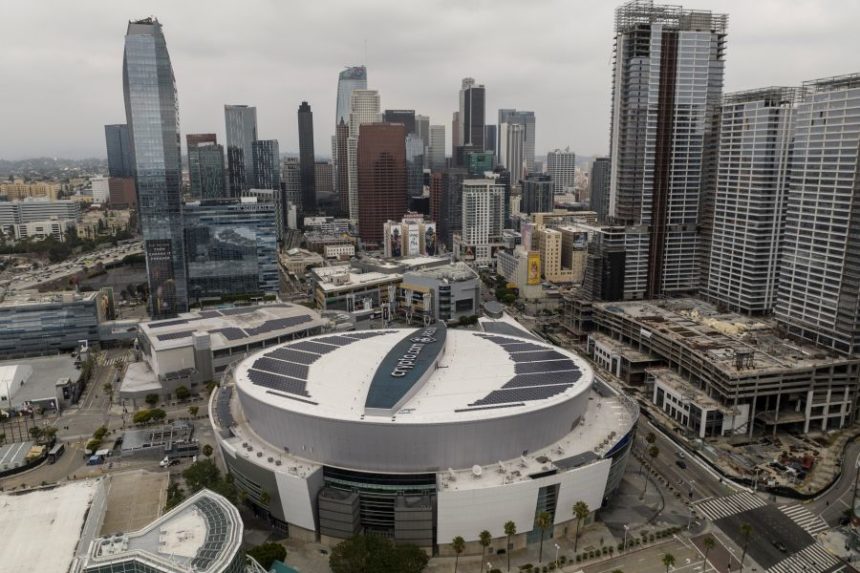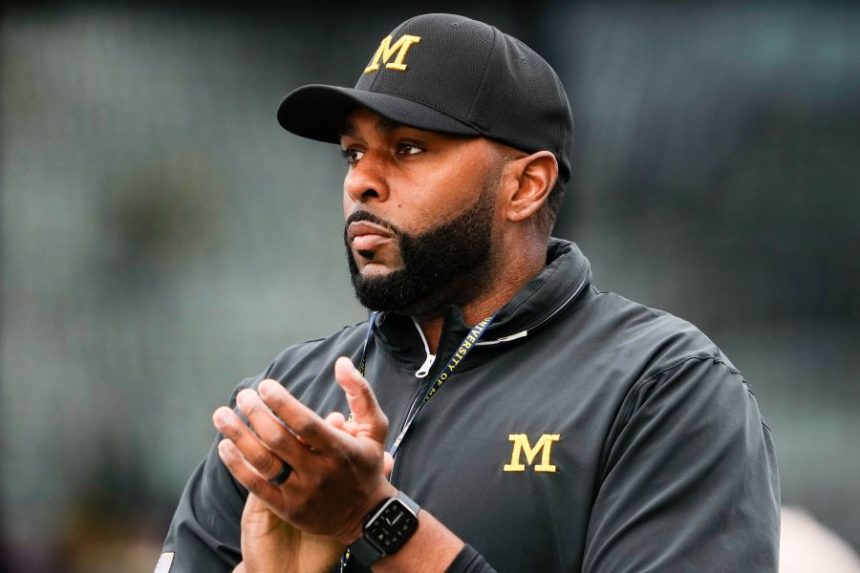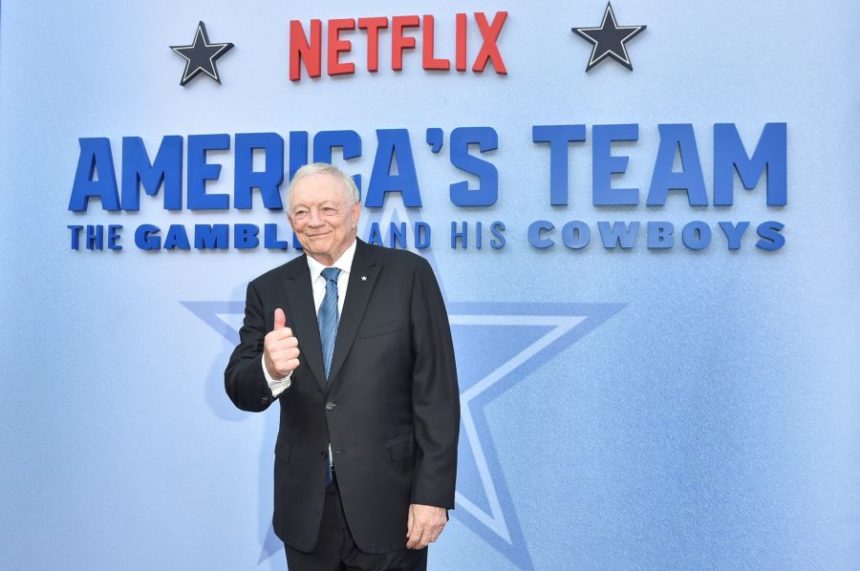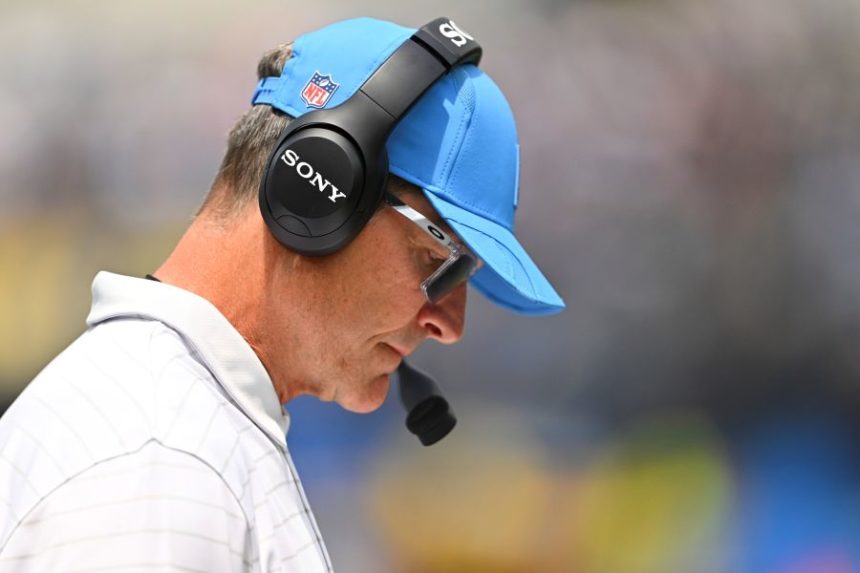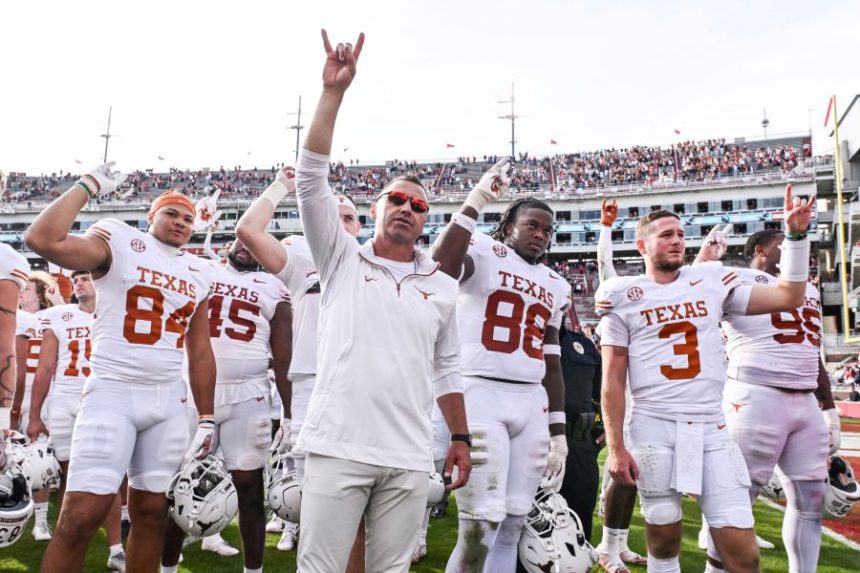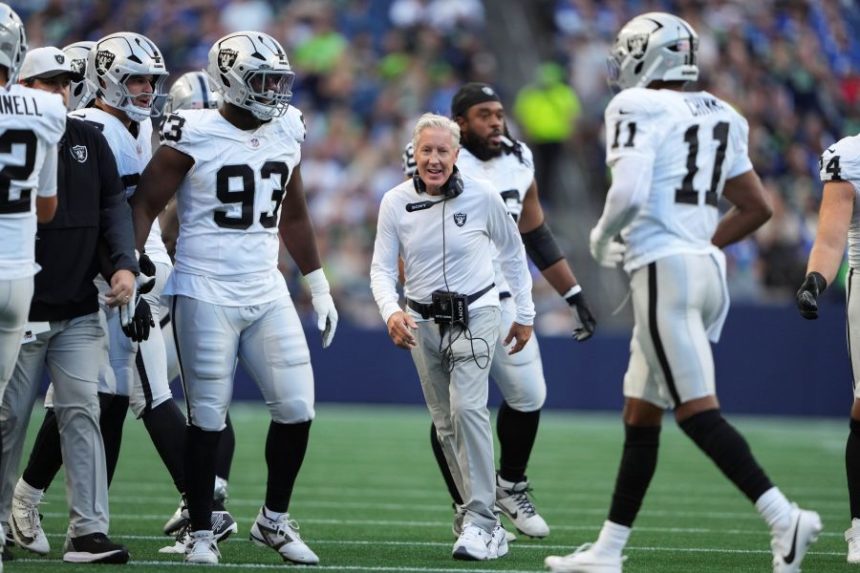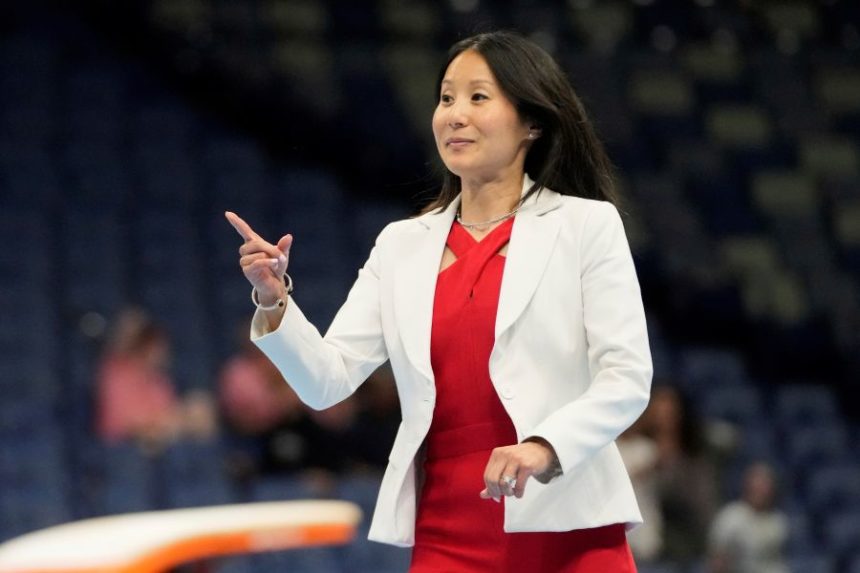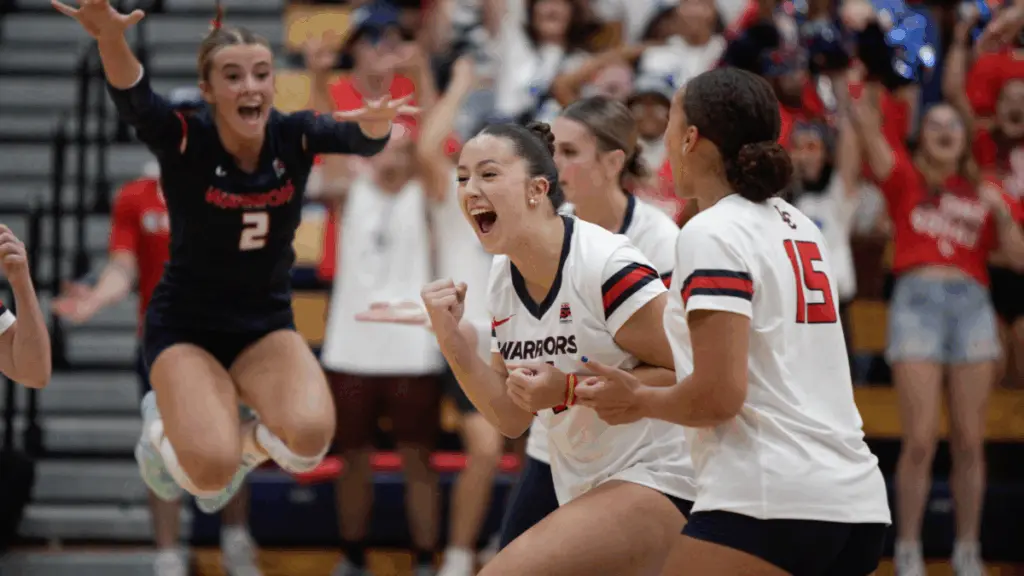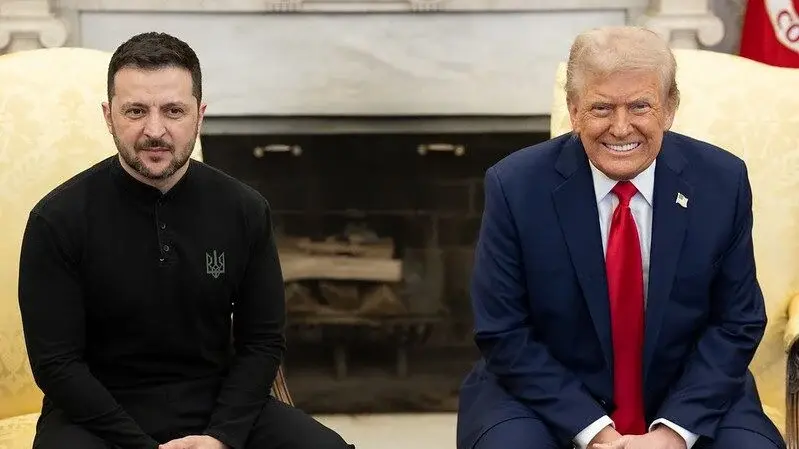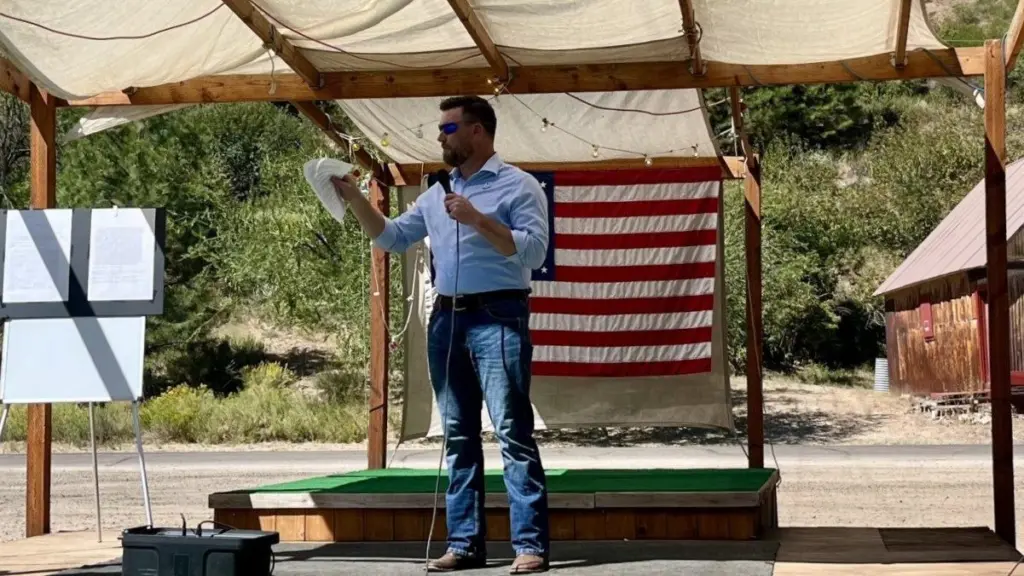In agreements that are anticipated to generate several million dollars for the 2028 Games, the Los Angeles Olympic organizers will sell the naming rights to a few of their venues, defying the IOC’s long-standing, inviolable rule that brand names should not be used on its arenas and stadiums.
Contracts were already in place with two of its founding partners, Honda, which already has the naming rights for the Anaheim volleyball arena, and Comcast, which will have its name on the temporary squash venue, according to the organizing committee, which made the historic announcement Thursday.
Casey Wasserman, the CEO and chairman of LA28, stated that the deals’ revenue exceeds LA’s existing $6.9 billion budget.
He presented the agreement as the kind of game-changing agreement that Los Angeles more than previous host cities require because, like other American-hosted Olympics, the main expenses of these competitions are not supported by government grants.
In an interview with The Associated Press, Wasserman stated, “We are a private enterprise responsible for delivering these games.” I’m responsible for pushing. It’s our responsibility to always push because our situation is quite different, but it doesn’t mean we’ll win every time.
According to Wasserman, he also took the time to explain to IOC members how stadium and arena names are used in American sports.
“People don’t know Crypto as the gymnastics arena downtown,” Wasserman said of the Lakers’ home arena, Crypto.com venue, which will feature boxing and gymnastics in 2028.
There may be rights for up to 19 temporary locations. The first opportunity to participate in the negotiations will go to the IOC’s largest sponsors, known as TOP sponsors. According to Wasserman, no venues will have their names changed. For example, organizers cannot get a sponsor to place their name on the arena if they are unable to come to an agreement with SoFi (opening and closing ceremonies, swimming) or Intuit (basketball).
The LA Coliseum, Rose Bowl, and Dodger Stadium—some of the most famous locations in a city that hosted the Olympics in 1932 and 1984—are not part of this new arrangement. IOC regulations that prohibit advertising on the playing field will remain in effect, according to the organizers.
Los Angeles is now again in a position to reinvent the Olympic brand, as it did in 1984, and this agreement is part of an expanding series of compromises that have been forced through.
The city committed to host the 2028 Games after losing to Paris in the 2017 bid for the 2024 Olympics. The IOC was saved from the fact that towns were growing hesitant to bear the expense and work of bidding for and hosting the Summer Games by a bid process that was unprecedented at the time.
The 2028 return of baseball and softball, as well as the addition of flag football (with assistance from the NFL), were perceived by Olympic observers as innovations that perhaps only Los Angeles could have implemented.
In addition, LA will significantly alter its Olympic schedule, shifting swimming to the final week and track and field to the first week.
According to Wasserman, the organizing committee’s relationship with the IOC is significantly influenced by its status as a private organization.
Because we don’t have the luxury, he added, we put in the effort, we work hard, we argue, and we don’t accept a no.
